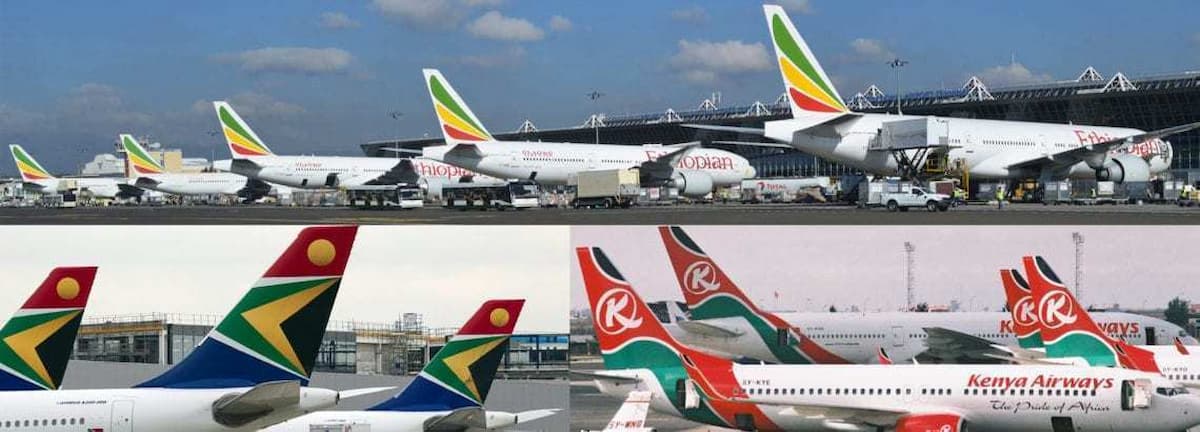Africa’s aviation and air freight sectors are experiencing a remarkable upswing, propelled by the continent’s economic expansion, urbanisation trends, and increasing global trade links. Projections indicate the African air transport market will see 5.7% annual growth over the next 20 years, surpassing worldwide averages. While challenges like insufficient infrastructure, connectivity gaps, and regulatory disparities exist, initiatives to enhance air cargo capabilities and catalyse regional integration are gaining momentum to harness Africa’s immense prospects.
The African aviation and air cargo industry is undergoing a remarkable renaissance, fueled by rapid economic growth, urbanisation, and the continent’s increased integration into global trade networks. As more Africans embrace air travel and businesses look for efficient logistics solutions, the sector is on track for unprecedented growth, resulting in a new era of connectivity and opportunity across the continent.
According to a projection by the World Bank, African economies are expected to grow by 3.4 in 2024. While a data from the International Air Transport Association (IATA), the African air transport market is projected to grow by 5.7% annually over the next two decades, outpacing the global average growth rate of 4.6%. This growth is fueled by a burgeoning middle class, robust economic development, and the continent’s vast untapped potential.
The International Air Transport Association (IATA) has recently announced that global air cargo demand continued its robust growth for the fourth consecutive month, with Africa experiencing significant expansion in March 2024, The IATA figures show that African airlines saw a 14 % year-on-year growth in air cargo demand in March 2024.
The growth in air cargo demand, particularly in Africa, has been influenced by various factors. According to IATA, the moderate increase in global cross-border trade and industrial production has contributed to the growth in air cargo demand. The rise in e-commerce activity has also played a significant role in boosting air cargo demand globally, including in Africa.
Furthermore, a notable shift from sea freight to air freight has been observed, especially for cargo moving from the Middle East to West Africa, as shippers opt for air freight to avoid the longer sea route. This longer sea voyage has become necessary due to the ongoing crisis in the Red Sea region, forcing ocean carriers to reroute their ships around the Cape of Good Hope instead of transiting through the Suez Canal. As a result, shippers are turning to air freight as a more timely alternative for cargo bound to West African ports from the Middle East.
Source: Logistics Update Africa.






